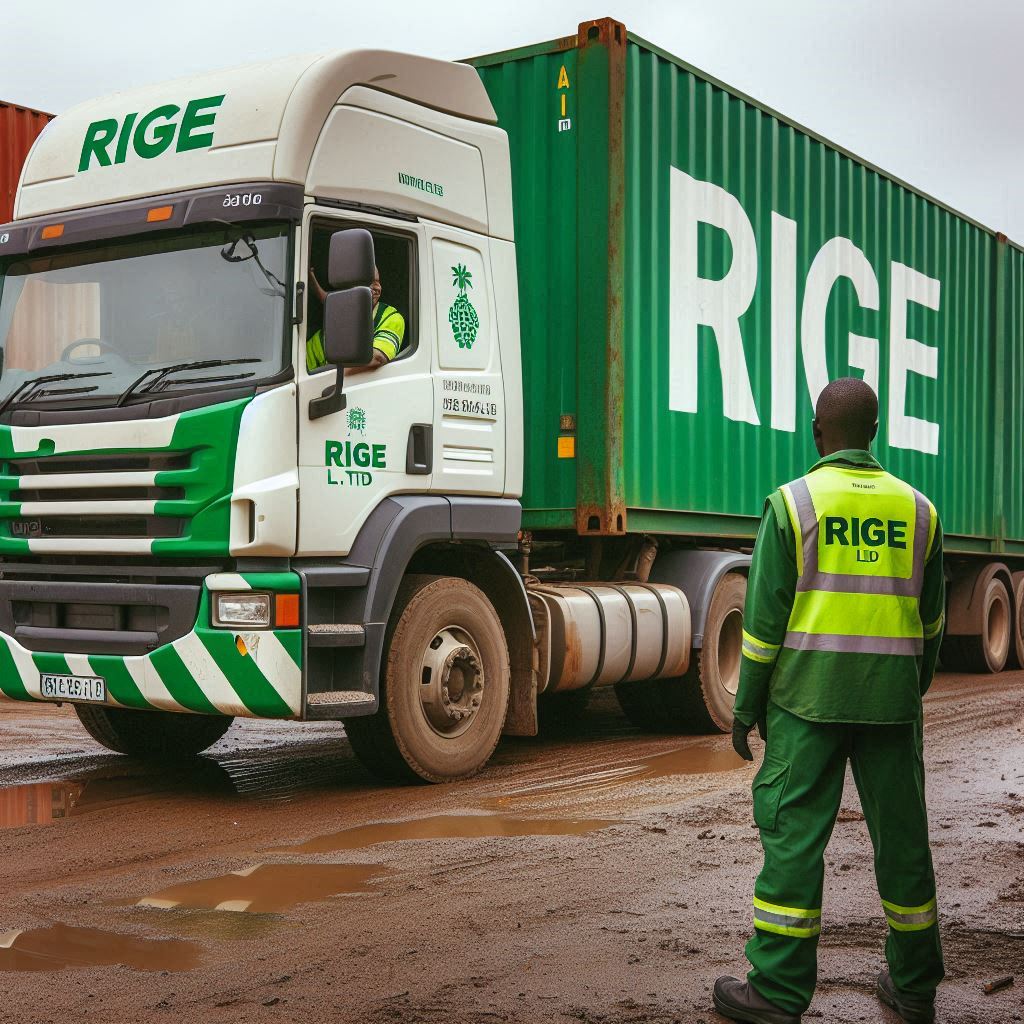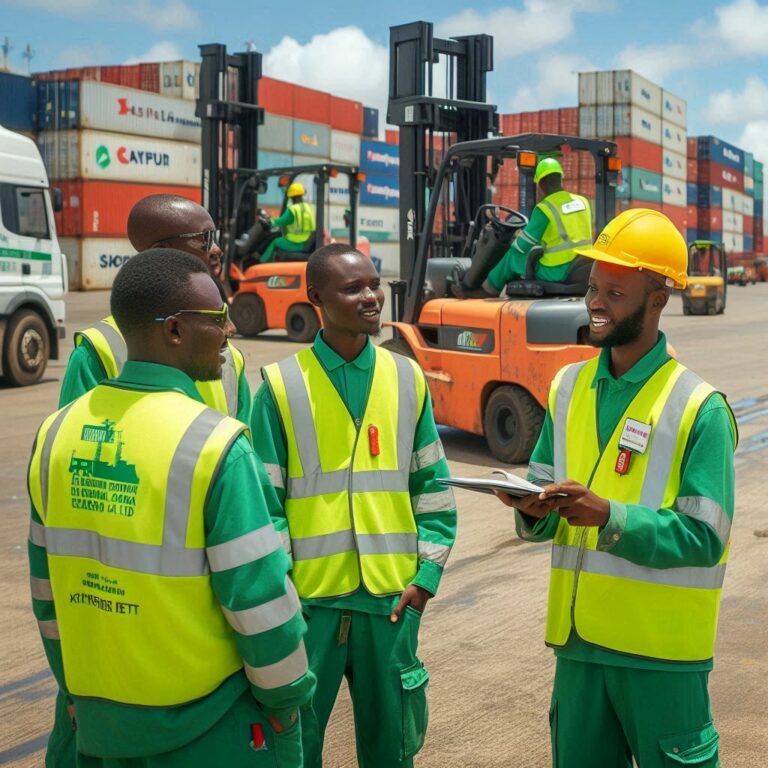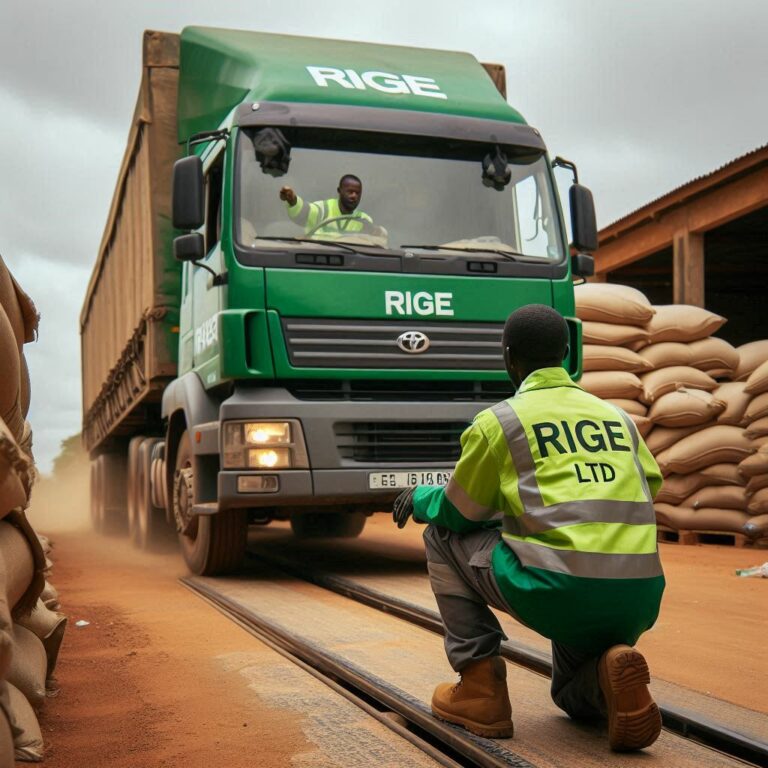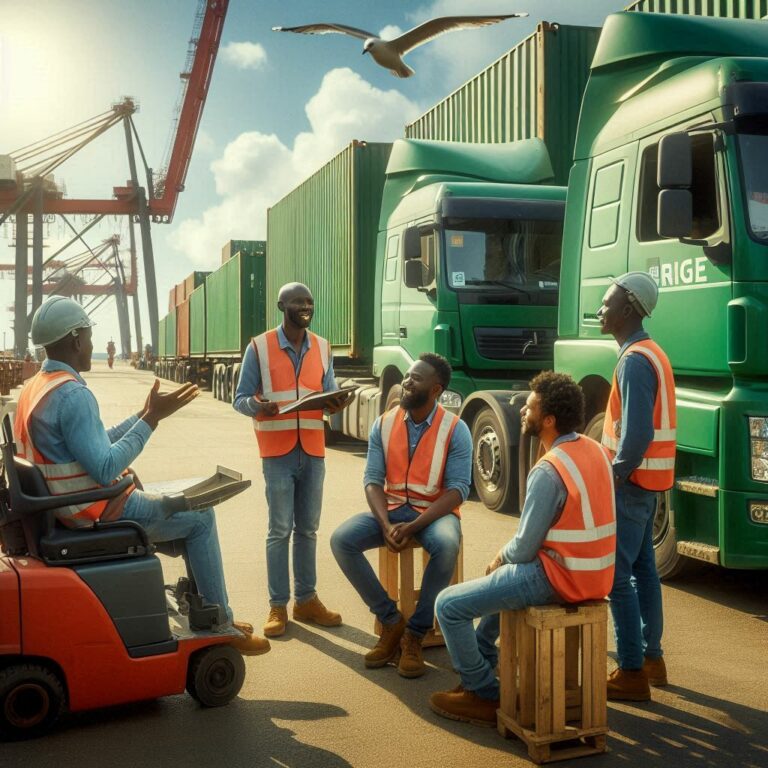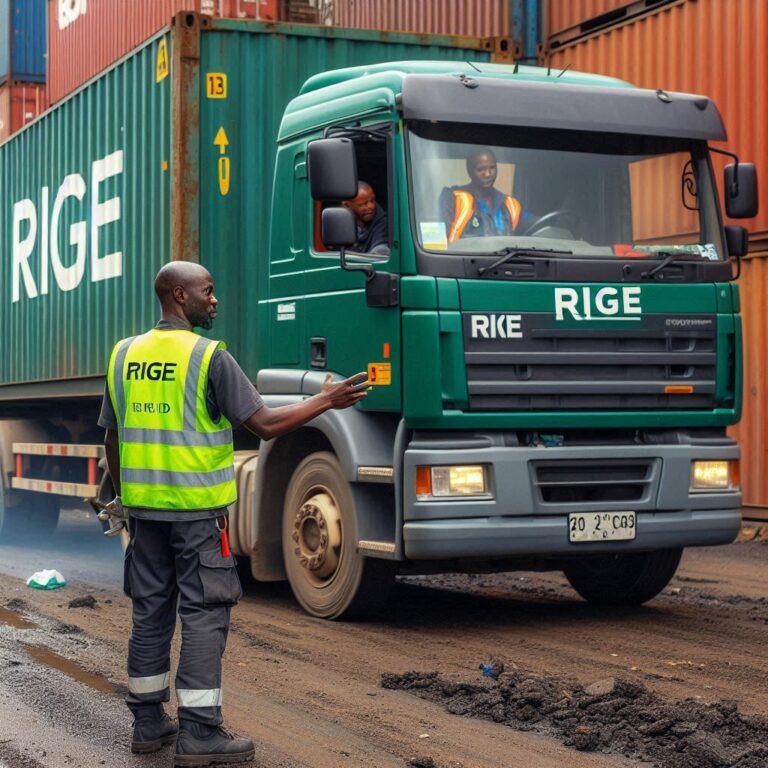The Road Ahead: Land Transportation in Modern Logistics
Introduction:
Land transportation is a critical component of modern logistics, playing a pivotal role in the movement of goods and materials across regions and countries. It encompasses various modes such as road, rail, and inland waterways. In this article, we will delve into the challenges, complexities, benefits, and solutions associated with land transportation in logistics, along with tips for potential customers.
Challenges:
- Infrastructure and Congestion: Insufficient or poorly maintained infrastructure can lead to congestion, delays, and increased transportation costs. Traffic bottlenecks in urban areas can be particularly problematic.
- Regulatory Compliance: Each country has its own set of regulations governing land transportation, including weight limits, vehicle emissions standards, and driver qualifications. Complying with these regulations can be complex and time-consuming.
- Safety and Security: Ensuring the safety of goods and personnel is a top priority. Land transportation is susceptible to accidents, theft, and damage, making security measures crucial.
- Fuel Costs and Environmental Concerns: Fluctuating fuel prices and growing environmental concerns pose challenges. Companies are under pressure to reduce carbon emissions and adopt more sustainable transportation practices.
- Cross-Border Logistics: International land transportation involves customs procedures, documentation, and compliance with different regulations in each country, adding complexity and potential delays.

Complexities:
- Multi-Modal Transportation: Many logistics operations involve a combination of land, air, and sea transportation. Coordinating these different modes can be intricate, requiring seamless transitions and communication between various stakeholders.
- Route Optimization: Determining the most efficient routes, considering factors like road conditions, traffic, tolls, and weather, is a complex task that requires advanced technology and data analysis.
- Last-Mile Delivery: The final leg of land transportation, known as last-mile delivery, presents unique challenges, especially in urban areas. It requires precise planning to reach customers efficiently.
- Customization: Every cargo is unique, and logistics providers must tailor their transportation solutions to the specific needs of each shipment, adding another layer of complexity.
Addressing Challenges and Complexities:
- Invest in Infrastructure: Governments and businesses should invest in road maintenance and expansion, modernizing infrastructure to reduce congestion and enhance efficiency.
- Technology Adoption: Employ advanced technologies such as GPS tracking, route optimization software, and real-time data analytics to streamline operations, improve safety, and reduce costs.
- Compliance Management: Establish comprehensive compliance management systems to navigate regulatory complexities and ensure adherence to safety and environmental standards.
- Security Measures: Implement robust security measures, including tracking systems, secure packaging, and driver training, to safeguard goods during transit.
- Sustainable Practices: Embrace sustainable transportation practices by investing in fuel-efficient vehicles, exploring alternative fuels, and adopting eco-friendly logistics strategies.


Benefits:
- Cost Efficiency: Land transportation can offer cost-effective solutions for moving goods over short to medium distances, especially when compared to air or sea freight.
- Flexibility: Land transportation provides flexibility in terms of route choices and delivery schedules, allowing for quick adjustments to meet changing customer demands.
- Reliability: Road and rail networks are often more reliable and predictable than other modes of transportation, ensuring timely deliveries.
- Accessibility: Land transportation can reach destinations that may be inaccessible by sea or air, especially in remote or landlocked regions.
- Door-to-Door Service: Land transportation enables door-to-door delivery, minimizing the need for transshipment and handling, reducing the risk of damage or loss.
Helpful Tips for Potential Customers:
- Plan Ahead: Adequate planning and scheduling are crucial. Start the logistics process well in advance to account for potential delays and unexpected challenges.
- Choose Reliable Providers: Select experienced and reputable transportation providers with a track record of safety, efficiency, and compliance.
- Communication: Maintain open and clear communication with logistics providers to ensure everyone is aligned on expectations and requirements.
- Technology Utilization: Embrace technology tools and platforms that provide real-time tracking and visibility into your shipments.
- Environmental Responsibility: Consider eco-friendly transportation options and providers committed to sustainability, which can align with your corporate social responsibility goals.
- Risk Management: Invest in insurance coverage to protect against potential loss or damage during transportation.
In conclusion, land transportation is a vital element of modern logistics, offering benefits like cost efficiency, flexibility, and reliability. However, it also presents challenges and complexities related to infrastructure, regulations, and safety. Addressing these challenges through technology adoption, compliance management, and sustainable practices can enhance the efficiency and sustainability of land transportation. Potential customers should plan ahead, choose reliable providers, and prioritize communication and environmental responsibility to optimize their logistics operations.
